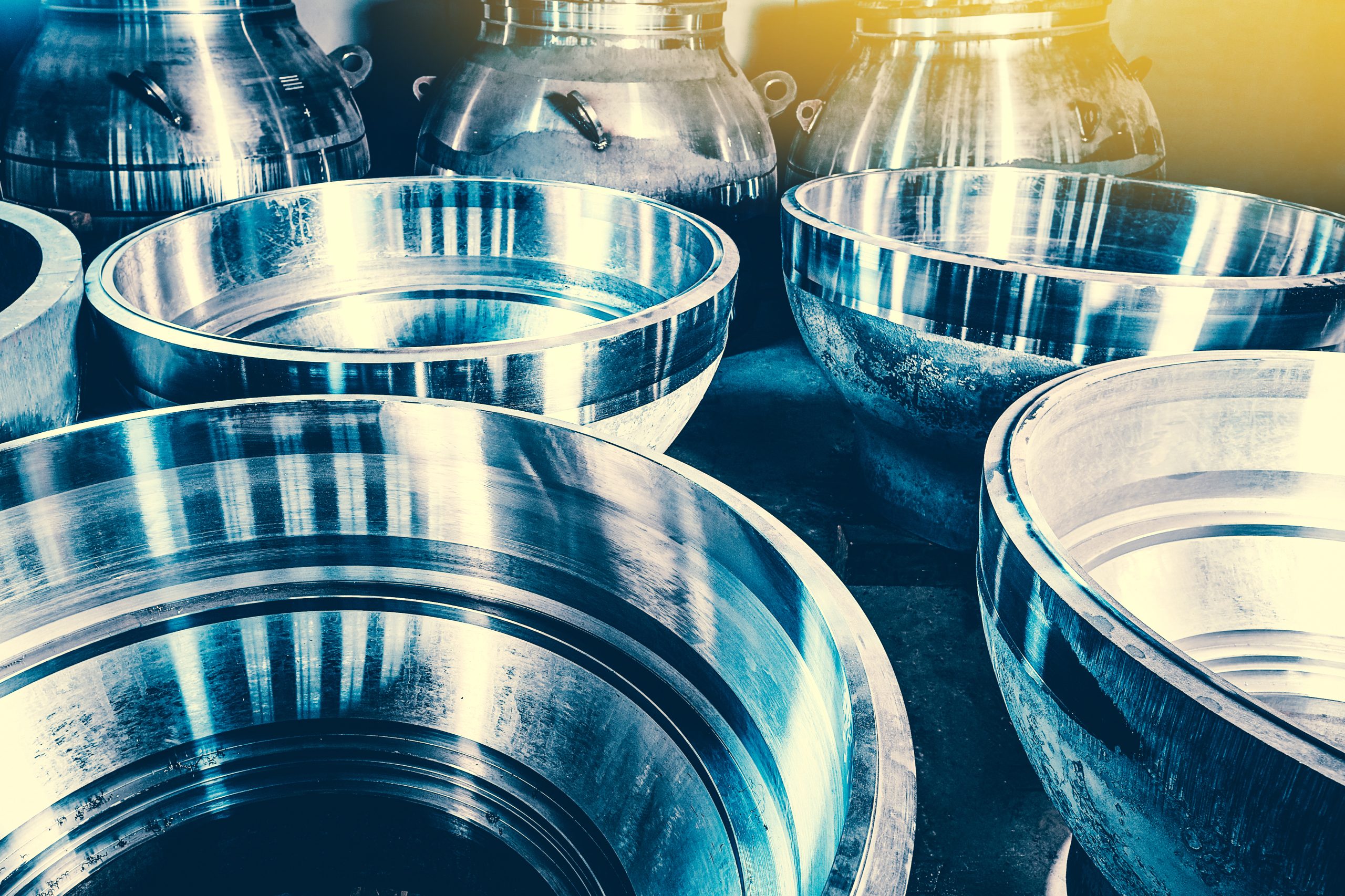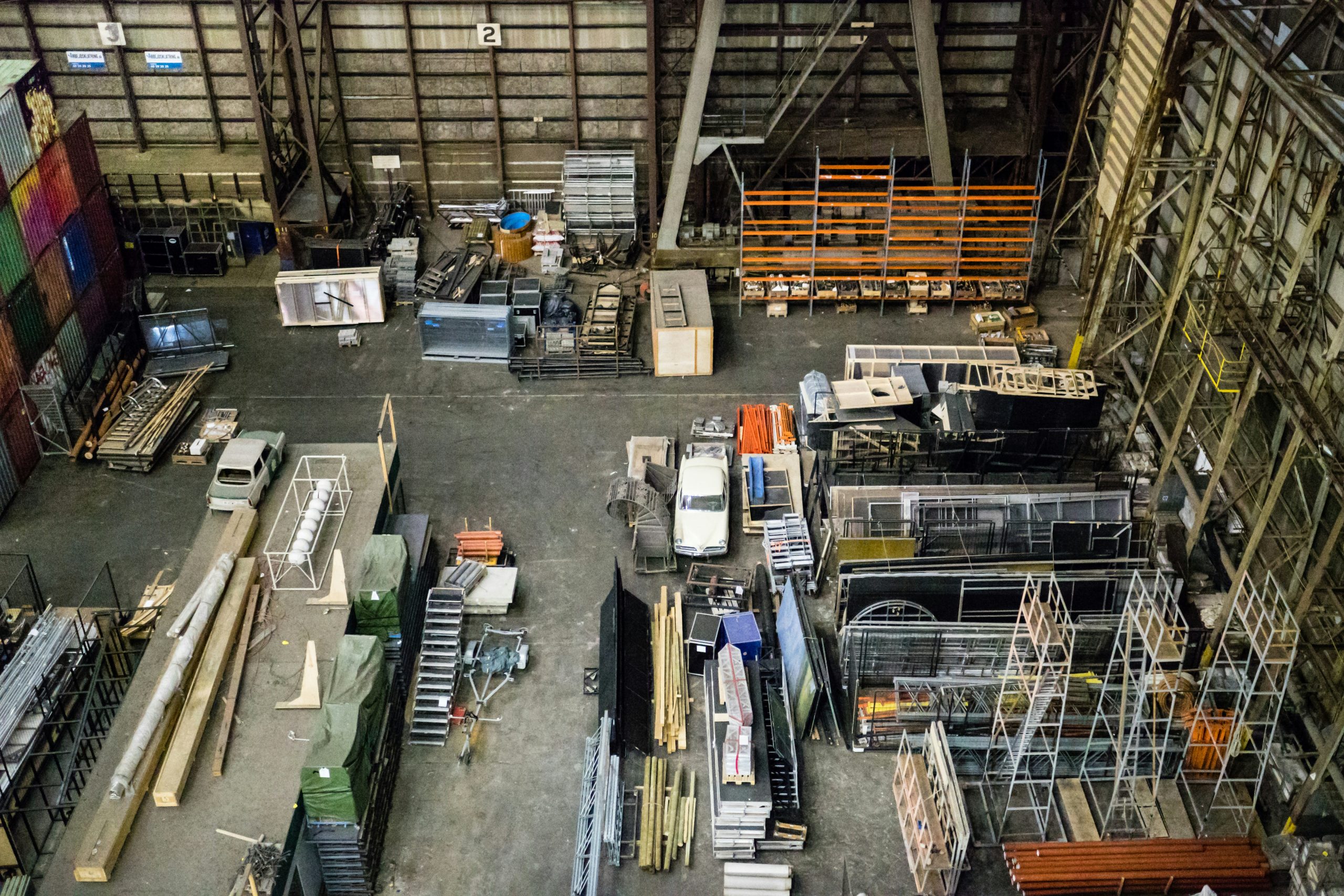
When to Choose Metal Spinning Over Deep Drawing or Presswork: A Practical Guide for Design Engineers


The International Organisation for Standardisation (ISO) is a body committed to upholding global standards for goods and services. This organisation is also concerned with guiding businesses towards ethical and sustainable practices. Since the mid 20th century, the ISO has been developing standards of best practice for businesses, encouraging beneficial collaboration. Of the many standards the ISO provides certifications for, this article will be examining the 9001 standards and why they are important for manufacturers.
The ISO 9001, which is part of the wider ISO 9000 quality assurance standards, is an international standard that establishes the requirements for a high quality management system. By displaying an ISO 9001 certification, companies can signal to potential customers that they follow a recognised set of management principles which vouch for the reliability of their products. To get an ISO certification, your business must first be eligible for the relevant registration. This involves the successful completion of an internal audit which details how the company operates, along with the inspection what quality control measures in place.
Quality control in manufacturing is essential to making sure that products meet established standards and specifications. By implementing rigorous quality control processes, manufacturers can detect and correct defects early in the production cycle, reducing waste, avoiding costly recalls, and maintaining consistent product quality. This not only enhances efficiency but also ensures that customers receive reliable and safe products, which is crucial for building brand reputation and trust.
Moreover, quality control plays a critical role in compliance with industry regulations and standards. Adhering to these guidelines helps manufacturers avoid legal issues, fines, and potential shutdowns. By maintaining a high level of quality, companies can also improve customer satisfaction, reduce the risk of product failure, and gain a competitive edge in the market. Ultimately, a strong quality control system is key to sustaining long-term success in manufacturing. As expert metal spinners UK, our adherence to ISO guidelines allows our services to have application across a wide variety of industries, from food production to renewable energy and more.
Having an ISO standard certification displayed on your company can have many far-reaching benefits. Regardless of the industry you operate within, this can include:
At Tanfield Metal Spinners, the ISO 9001 certification guides everything we do. From planning initial prototypes for bespoke works, to spinning the first batch and applying finishes. Our team inspects spun metal parts in a number of key areas, including radius, minimum thickness, ID/OD measurements, and more. Creating quality parts that meet specifications and tolerances on the first run is one way we cut down our lead times. Contact us to discuss our capabilities for your next metal spinning project.